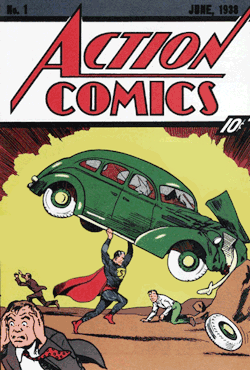Hippocampus
Creatures - Greek Mythology
Card 351
Battle Area:
- Water = 20
- Earth = 00
- Heaven = 00
Attack and Defense
- Wisdom = 00
- Dexterity and Strength = 20
- Powers = 05
- Fire = 00
Game
NUC Cards is a board game. With trays representing the opponents' lands and the battlefield.
The characters exist timelessly. In one era, historical, mythological and literary characters meet in this game.
An epic oxygen game of great kings, notable warriors, heroes and anti-heroes, mighty magicians and gods between creatures and beings ...
Sign up and get access to rules details and more cards.
Collect!
Hippocampus
Creatures - Greek Mythology
Hippocampus - a character created by NUC Cards.
The hippocampus (Greek: ἱππόκαμπος, ἵππος junction plus κάμπος kampos, monster) is a mythological creature shared by Phoenician and Greek mythology. It has typically been described as a horse in the front of your body and fish in the back with the scaly tail, like a seahorse.
History
In Greek mythology, the hippocampus served as companionship and mount to the nereids and traction animal to the car of Poseidon. Beings with similar characteristics appear in the art of other cultures, including Mesopotamia and India. Also it was represented in bronzes, silverware and paintings of the Roman antiquity to the baroque period.
Created by Poseidon from the foam of the sea, they are animals with bright fish tails, similar to the rainbow, and the front part of their bodies are of white steed. The hippocampus are the mounts of Poseidon's army. Homer associates Poseidon, who was the god of horses, trembling in earth and sea, caused by the brass hoofs of the horses on the surface of the sea, and Apollonius of Rhodes, being consciously archaic in Argonautica, describes the horse of Poseidon that emerges from the sea and galloping away from the other side of the Libyan sands.
In Hellenistic and Roman imagery, however, Poseidon (or Neptune) often takes a sea carriage pulled by hippocampi. Thus, hippocampi are associated with this god in both ancient and modern representations, as in the waters of the eighteenth century at the Trevi Fountain in Rome.
The appearance of hippocampi in freshwater and salt water is counterintuitive for a modern, though not ancient, audience. The Greek image of the natural hydrological cycle does not take into account the condensation of water in the atmosphere in the form of rain to replenish the water table, but imagined the sea water being "replenished" through caves and aquifers.
NUC Cards ® 2019
Reasoning and strategy.
An advanced game of underground strategy in generation.















